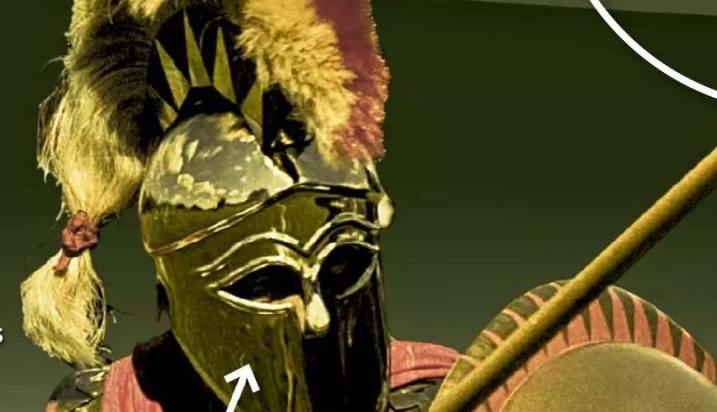For centuries, the Greek phalanx was the most feared military formation in the ancient world—a seemingly unstoppable hedgehog of spears. Yet, within 50 years, the rising power of Rome and its flexible legions brought the age of Greek dominance to a crashing halt. How did this happen? What made the Roman legion superior in the ultimate clash between two ancient superpowers?
Table of Contents
🛡️ The Unstoppable Force Meets an Immovable Object
The Macedonian phalanx was a wonder of military discipline. It consisted of a dense block of soldiers, often 16 ranks deep, wielding 18-21 foot long spears called sarissas. From the front, it was nearly invincible, a wall of sharp steel points. However, its strength was also its weakness. The phalanx was slow, difficult to maneuver, and extremely vulnerable on its flanks and rear. It needed flat, open ground to be effective.
⚔️ Rome’s Flexible Fighting Machine
The Roman legion was a different beast altogether. It was composed of smaller, more fluid units called maniples. This structure allowed the legion to adapt to different terrains and battle situations. While the phalanx was a single, rigid block, the legion could bend, split, and reform, exploiting gaps and weaknesses in the enemy line. It was this adaptability that would prove decisive.
💥 The Decisive Battle of Cynoscephalae
The turning point came in 197 BC at the Battle of Cynoscephalae. The Macedonian army under King Philip V met the Roman legions led by Flamininus. On the rough, hilly terrain, the phalanx struggled to maintain its formation. While one wing of the phalanx successfully pushed the Romans back, the other fell into disarray. A quick-thinking Roman officer seized the opportunity, broke away from his own line, and attacked the exposed rear of the victorious phalanx wing. Unable to turn and defend themselves, the phalangists were slaughtered. The battle proved that the legion’s flexibility was superior to the phalanx’s rigid power, signaling the end of Greek military supremacy and the beginning of Rome’s dominion.
Bibliography:
BBC History Specials: Ancient World, 2025. Immediate Media Company London Limited, 2024.
- Curses: The History of the Evil Eye and Binding Magic
- Magical Plants: A Witch’s Garden of Herbs and Poisons
- Roman Magic: Curses, the Strix, and Everyday Protection
- Circe: The Greek Sorceress of Transformation and Myth
- Greek Magic: Hecate’s Power, Oracles, and Enchantresses
- Japanese Magic: Yōkai, Onmyōdō, and Supernatural Folklore
- Empress Chen Jiao: The Royal Scandal of Witchcraft in Han China
